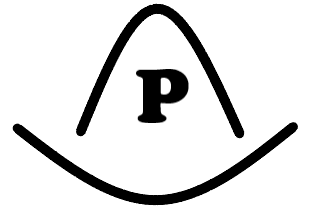HSAs let you save tax-free for medical needs. If you have a high-deductible health insurance plan (over $1,350 for individuals or $2,700 for families), you’re eligible. They are similar to FSAs, but FSAs generally have more restrictions such as “use it or lose it” rules and they don’t offer a way to invest your contributions. I would argue HSAs should be your first choice for investing for retirement, even more so than 401ks and IRAs, as they offer a triple tax break:
- Contributions are tax deferred and you can invest the funds
- Earnings are not taxed
- Withdrawals used for qualified medical expenses are not taxed either.
With a Traditional 401k or IRA, you get the tax deferral benefit in #1 above, but pay tax later, so you don’t get the benefits of #2 and #3. With a Roth 401(k) or IRA, you get the benefits of #2 and #3, but not #1. With a HSA you get the benefits of all 3. A triple tax break!
2025 Contribution Limits
You can contribute up to $4,300 to an HSA if you have single coverage or up to $8,550 for family coverage. If you’re 55 or older you may be able to contribute additional amounts.
